Do not choose the same subject for more than 3 consecutive years.
The Ministry of Education and Training emphasizes: the requirement of fundamental and comprehensive innovation in education and training is comprehensive education in the basic education stage. Therefore, the responsibility of schools when teaching students at the secondary level is to ensure that students are educated comprehensively, equipped with basic general knowledge as a foundation for them to continue studying at higher levels and have good career orientation.
Accordingly, if the regulation for the third subject is fixed, it will lead to a situation where students from the beginning of grade 6 will be very attentive and focused on the subject they will take the exam, affecting the time and quality of studying other subjects.
At that time, students cannot study comprehensively, causing disadvantages in accumulating knowledge, developing their own capacity to study at higher levels as well as participating in the labor market later.
“For example, if there are 3 subjects: math, literature, English, students will only focus on these 3 subjects, not spending time on other subjects of history, geography, nature, leading to students not being fully equipped with natural and social knowledge to study at higher levels. This is a disadvantage for students, because in order to use a foreign language well (listening, speaking, reading and writing), students must definitely use natural and social knowledge in listening, speaking, reading and writing in the foreign language,” the representative of the Ministry of Education and Training analyzed.
Sharing about the regulation on the announcement of the third exam subject after the end of the first semester but no later than March 31 every year, the Ministry of Education and Training said that this is to balance students to focus on completing all subjects according to the program but still have enough time to review, prepare both knowledge and psychology for the exam subjects, ensuring balance and fairness between localities across the country for students to study and review for the exam.
Explain clearly about direct recruitment, priority and incentive subjects
Regarding direct admission, previously, Circular No. 05/2018/TT-BGDDT stipulated that direct admission subjects included "students who won national and international awards in culture; arts; physical education and sports; National science and technology competitions for junior high and high school students". Because there was no regulation on "organizing on a national scale", it led to inconsistent implementation between localities.
Therefore, in the new Circular, the Ministry of Education and Training stipulates that the subjects of direct admission to high school include: junior high school students who have won national prizes organized by the Ministry of Education and Training, or in coordination with ministries and ministerial-level agencies to organize "on a national scale" for competitions, exams, and contests on culture, arts, and sports; national scientific and technical research competitions for high school students.
This regulation aims to unify the goal: the competitions organized by the Ministry of Education and Training must be widely announced nationwide so that the Departments of Education and Training and the provinces can announce them, so that all students know and understand them publicly, all students know to participate, and build provincial teams to compete at the National level. The competition should be regulated on a "national scale" to ensure that all students have equal opportunities to access the competition, all can demonstrate their abilities, and are selected publicly and transparently.
Regarding the subjects that are given bonus points, they are secondary school students who have won provincial-level prizes organized by the Department of Education and Training or in coordination with departments and branches organized on a provincial scale. In fact, for students to participate in national competitions, the province will organize provincial-level competitions to select students to compete in national competitions. And if they have prizes in the provinces, they will be encouraged.
The Ministry of Education and Training also clearly stipulates: “Incentive points are added to the total admission score, calculated on a 10-point scale for each subject and exam. In which, the first prize is added 1.5 points; the second prize is added 1 point; the third prize is added 0.5 points”. This is a unified regulation nationwide, to ensure fairness between localities.
The Ministry of Education and Training further explained: the national general education program does not target secondary school students. Therefore, this regulation on incentive points will not include students who win prizes in cultural subjects in the secondary school general education program.
The Ministry of Education and Training currently has no regulations on gifted student competitions at the junior high school level, nor does it have regulations on specialized schools at the junior high school level. Furthermore, the goal of the basic education stage is comprehensive education. If localities organize gifted student competitions at the junior high school level to encourage gifted students, they are not allowed to include incentive points in the high school admission scores. This helps ensure fairness for all students.
The new Circular is stricter than before in some policy frameworks regulating the establishment of test-making councils, invigilation, grading, and review of test papers, and the work that needs to be done at all stages, ensuring quality, security, and safety. At the same time, the Circular also assigns specific regulations to localities, within the authority of the locality. Localities issue policies for appropriate implementation but must still ensure the prescribed policy framework.
Source: https://kinhtedothi.vn/ky-thi-lop-10-vi-sao-khong-chon-cung-mot-mon-qua-3-nam-lien-tiep.html






























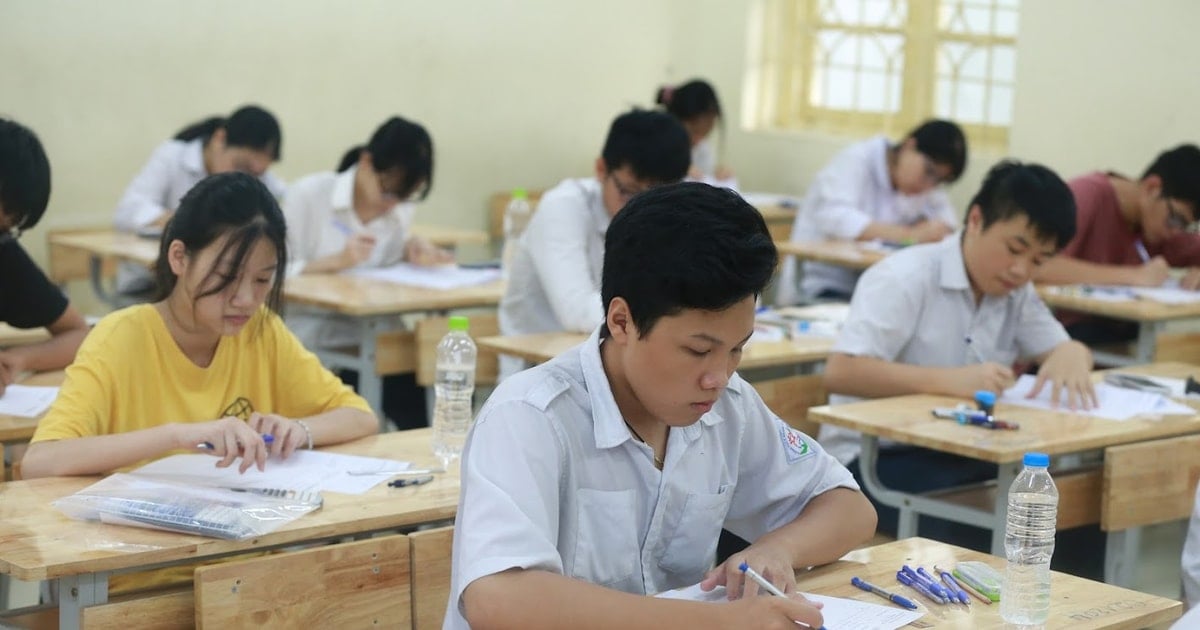

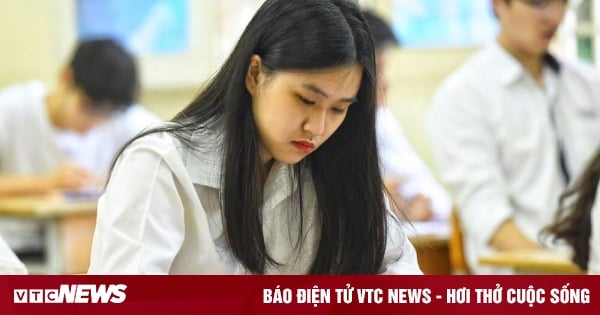

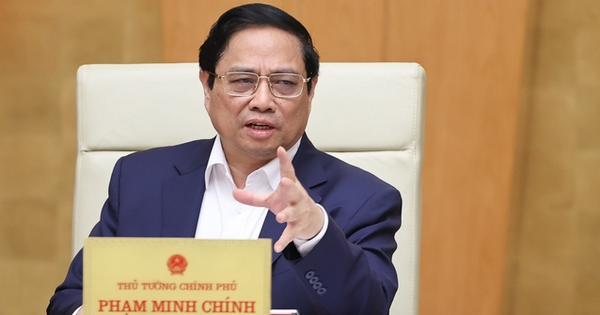

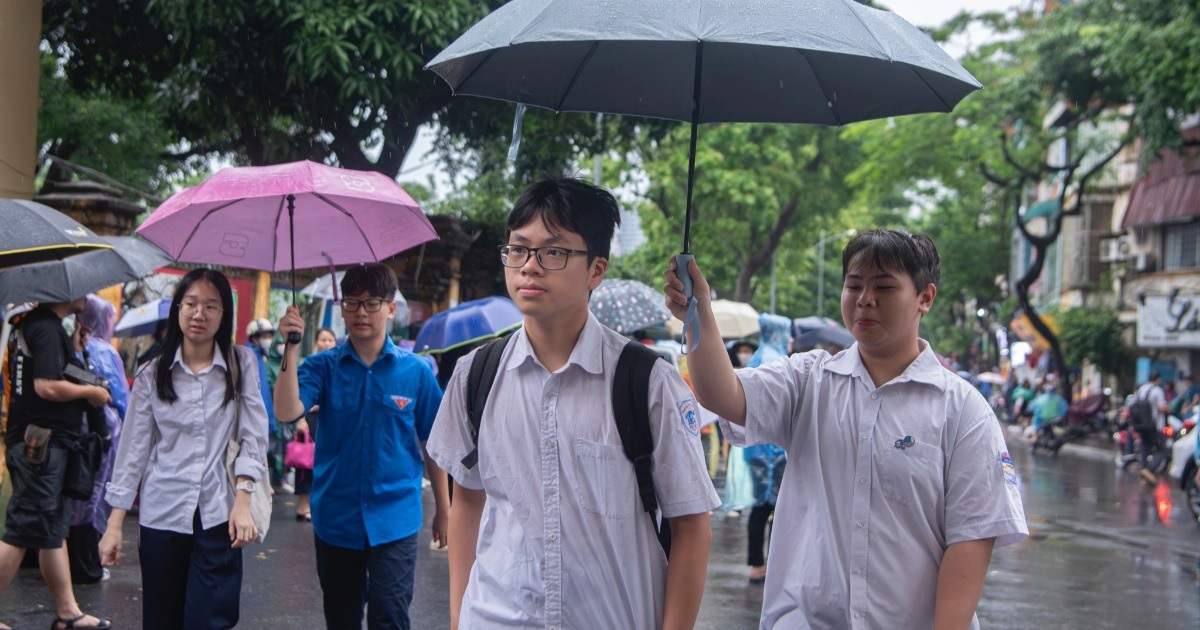

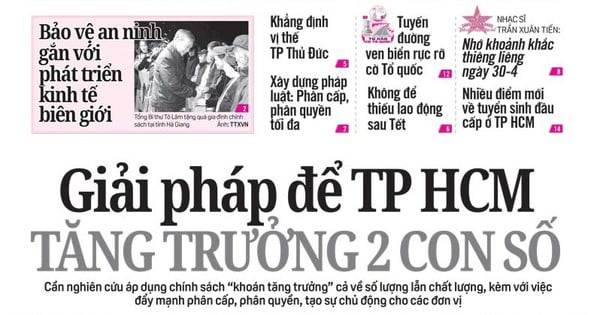
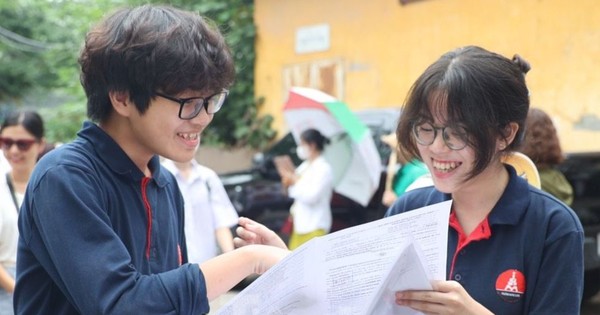

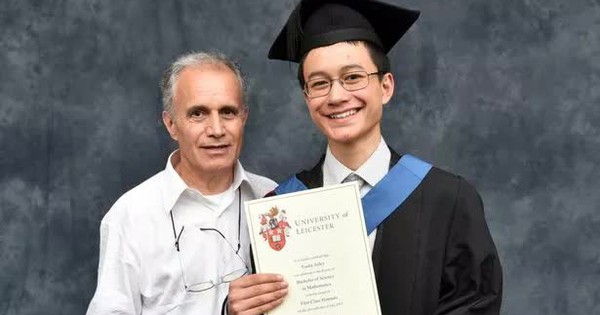

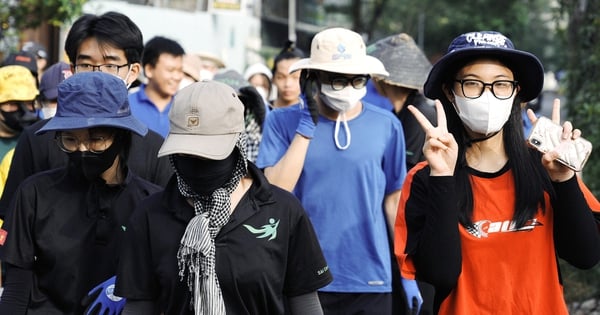

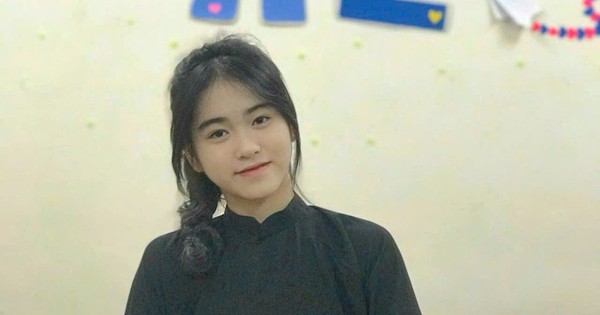
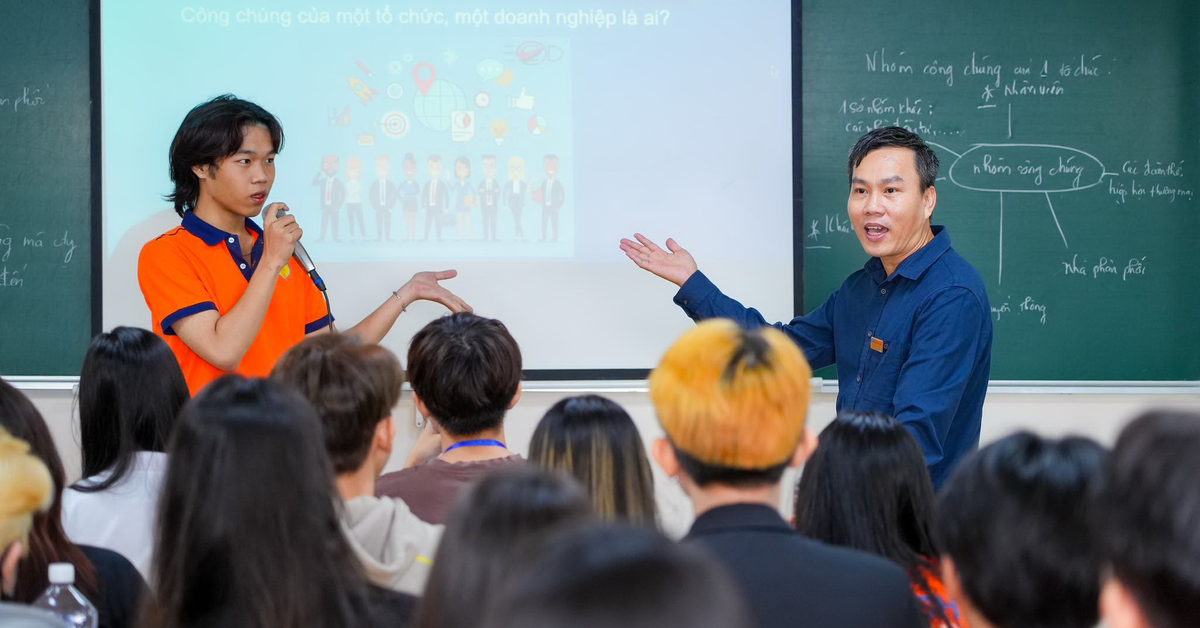

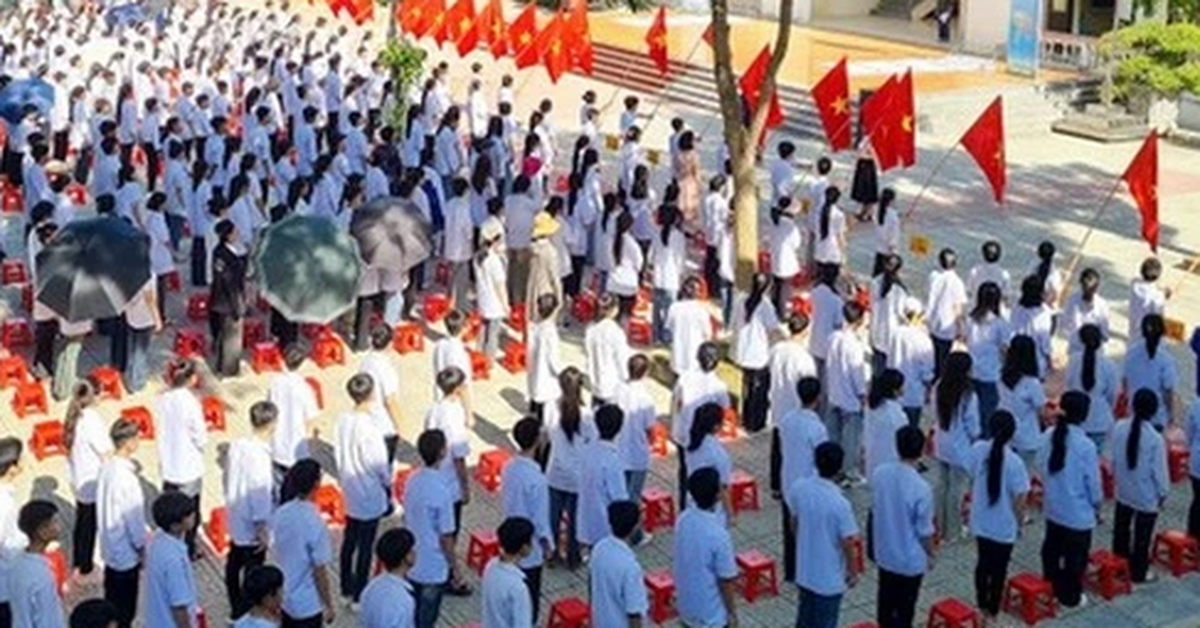

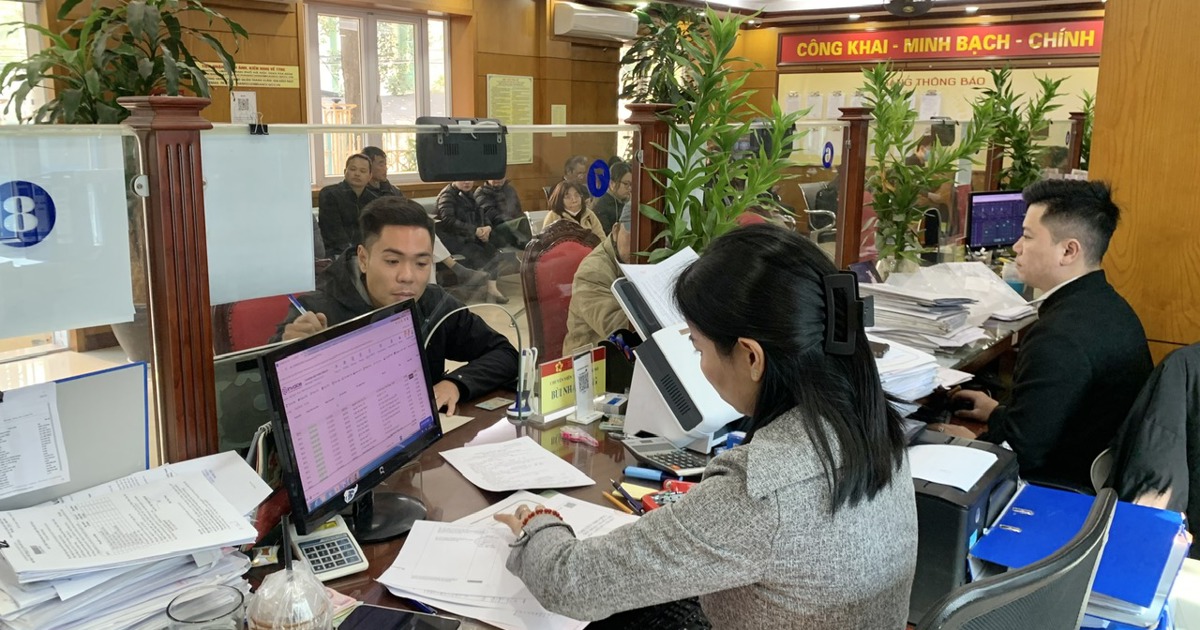
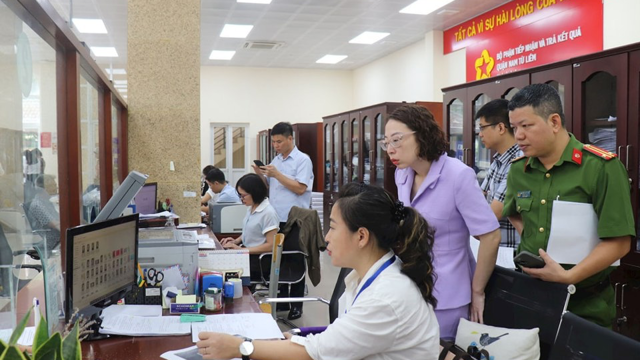


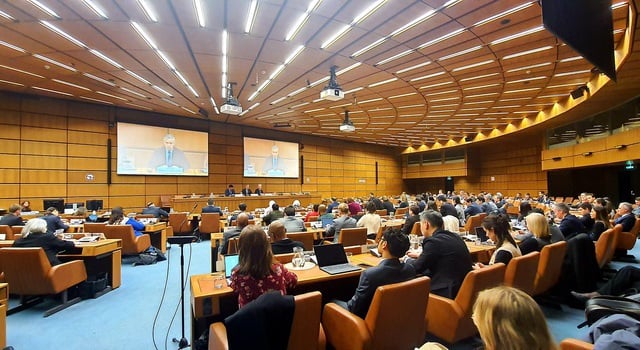


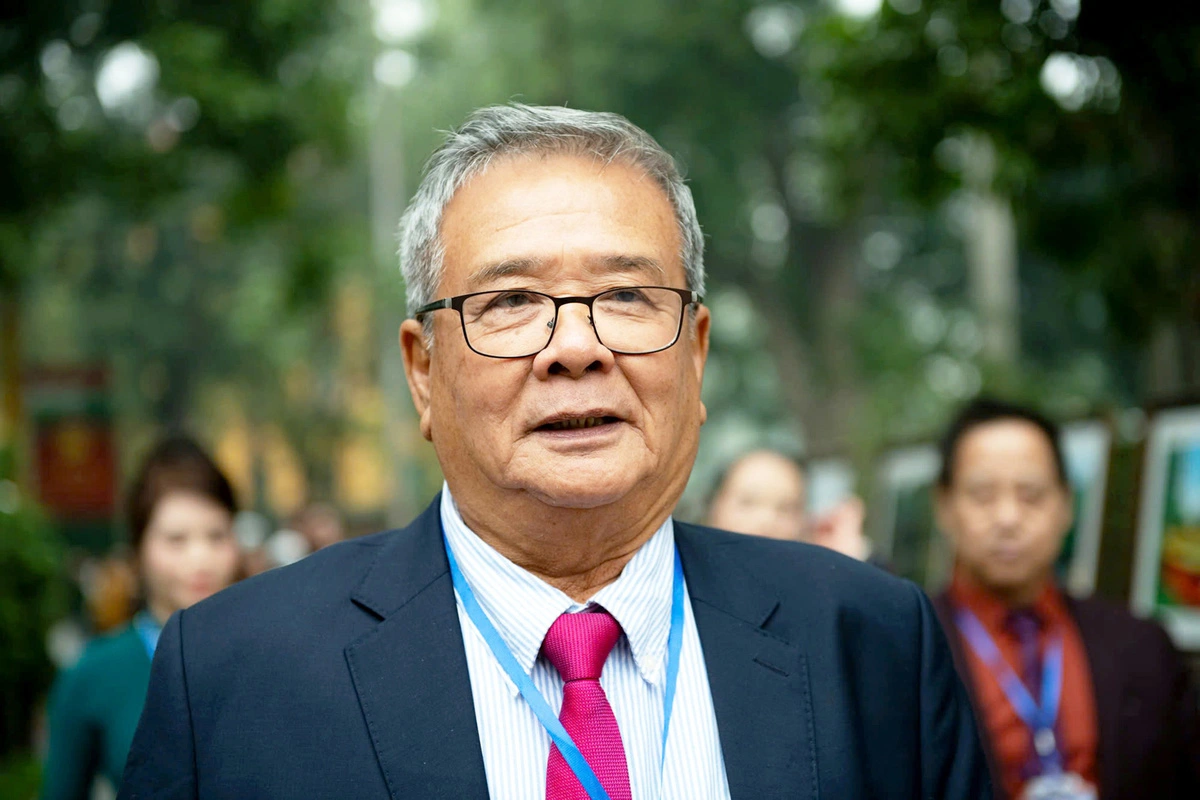



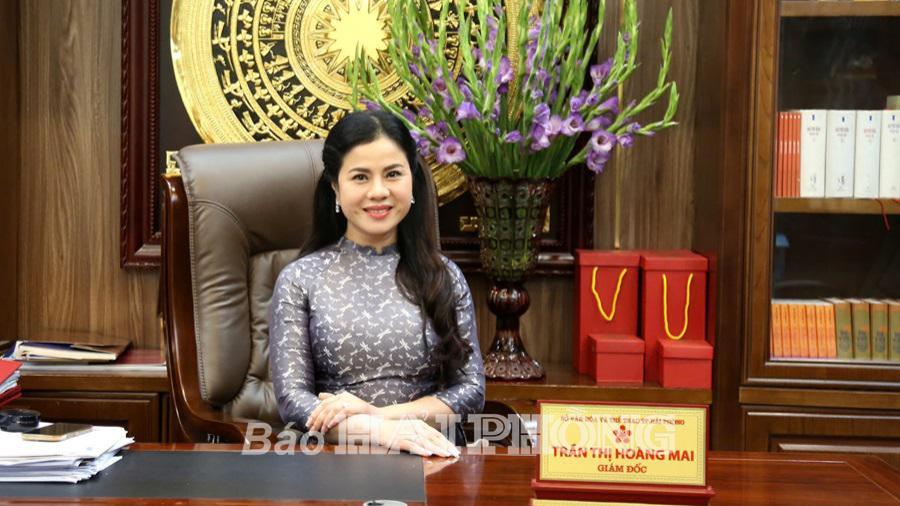







Comment (0)